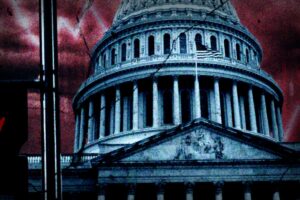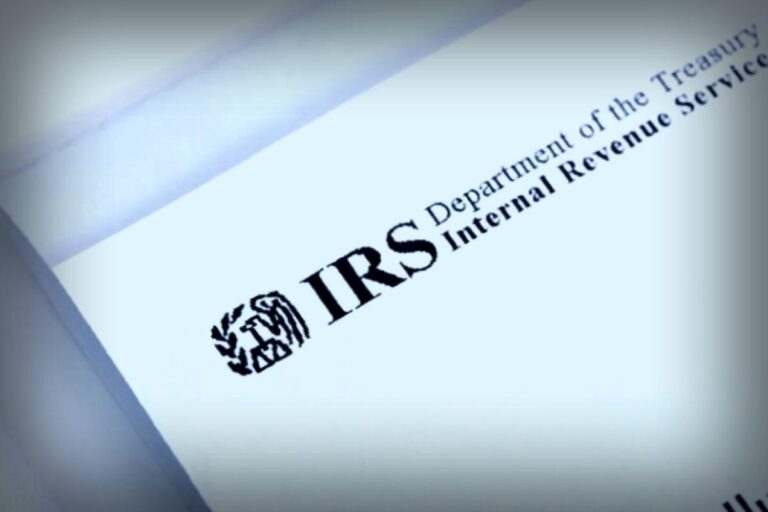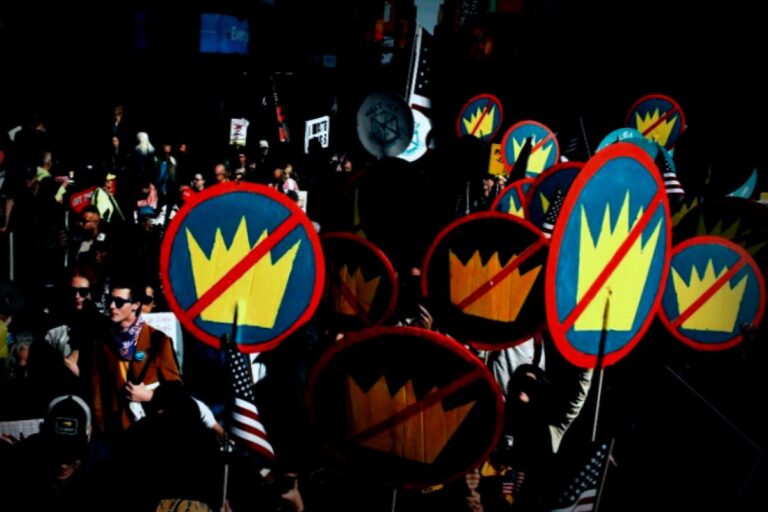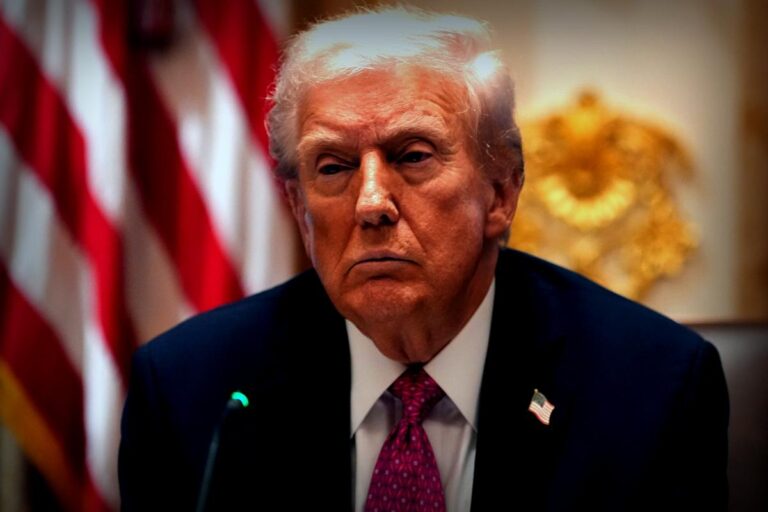The Scottish National Party (SNP) is ready to “force a vote” to push legislation that would allow the UK to recognize the statehood of Palestine. This move is aimed at increasing pressure on Sir Keir Starmer, who has been reluctant to shift his position on the matter.
According to Stephen Flynn, who leads the party in Westminster, he intends to propose a “Palestine Recognition Bill” in the House of Commons when Parliament resumes after its break unless the Prime Minister makes a change in his views.
This announcement follows a joint letter signed by 221 Members of Parliament, mainly Labour along with the Conservatives, Liberal Democrats, SNP, Greens, Plaid Cymru, SDLP, and Independents, urging the government to take action for Palestine.

The pressure on Sir Keir has intensified since French President Emmanuel Macron declared that France would officially recognize Palestine at the upcoming UN General Assembly, particularly in light of worldwide outrage regarding the humanitarian crisis in Gaza.
The SNP plans to coincide the introduction of their bill with the meeting of global leaders, with Flynn criticizing the UK government for failing to act amid ongoing events.
Currently, the Prime Minister has mentioned a commitment to recognizing Palestine, but insists that this must be part of a broader peace process in the Middle East.
“If Keir Starmer continues to block UK recognition of Palestine, the SNP will put forward a Palestine Recognition Bill when Parliament returns in September. If it comes to that, we will push for a vote,” Flynn stated.
He continued, “It’s time for Keir Starmer to stop defending the untenable, and finally show some courage by demanding an end to Israel’s actions immediately.”
Close scrutiny is expected regarding how any potential vote unfolds, especially after a chaotic scene occurred in the Commons last February when the SNP pressed for a ceasefire in Gaza during an Opposition Day Debate.
At that time, Labour, as the official opposition, attempted to introduce an amendment to the original motion with different wording, while the then-governing Conservative party put forth a separate proposal calling for an “immediate humanitarian pause.”
Commons Speaker Sir Lindsay Hoyle faced criticism for his decision to allow both amendments to be considered, which he stated was to provide MPs with the “widest range” of options in their evaluation.
The SNP asserted they were deprived of the chance to have a vote based on their initial motion, intended to be the centerpiece of the debate, leading to an apology from the Speaker afterwards.
The government has been approached for a response to these developments.


















